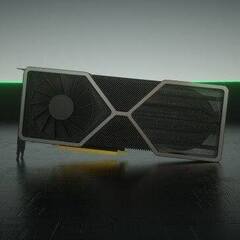-
Topics
-
remo233 ·
Posted in CPUs, Motherboards, and Memory0 -
RTX 3090 ·
Posted in Programs, Apps and Websites0 -
6
-
6
-
porina ·
Posted in New Builds and Planning12 -
Rothinsky ·
Posted in Troubleshooting2 -
skayqz ·
Posted in Graphics Cards7 -
0
-
2
-
Ricodotsh ·
Posted in New Builds and Planning15
-



















Create an account or sign in to comment
You need to be a member in order to leave a comment
Create an account
Sign up for a new account in our community. It's easy!
Register a new accountSign in
Already have an account? Sign in here.
Sign In Now